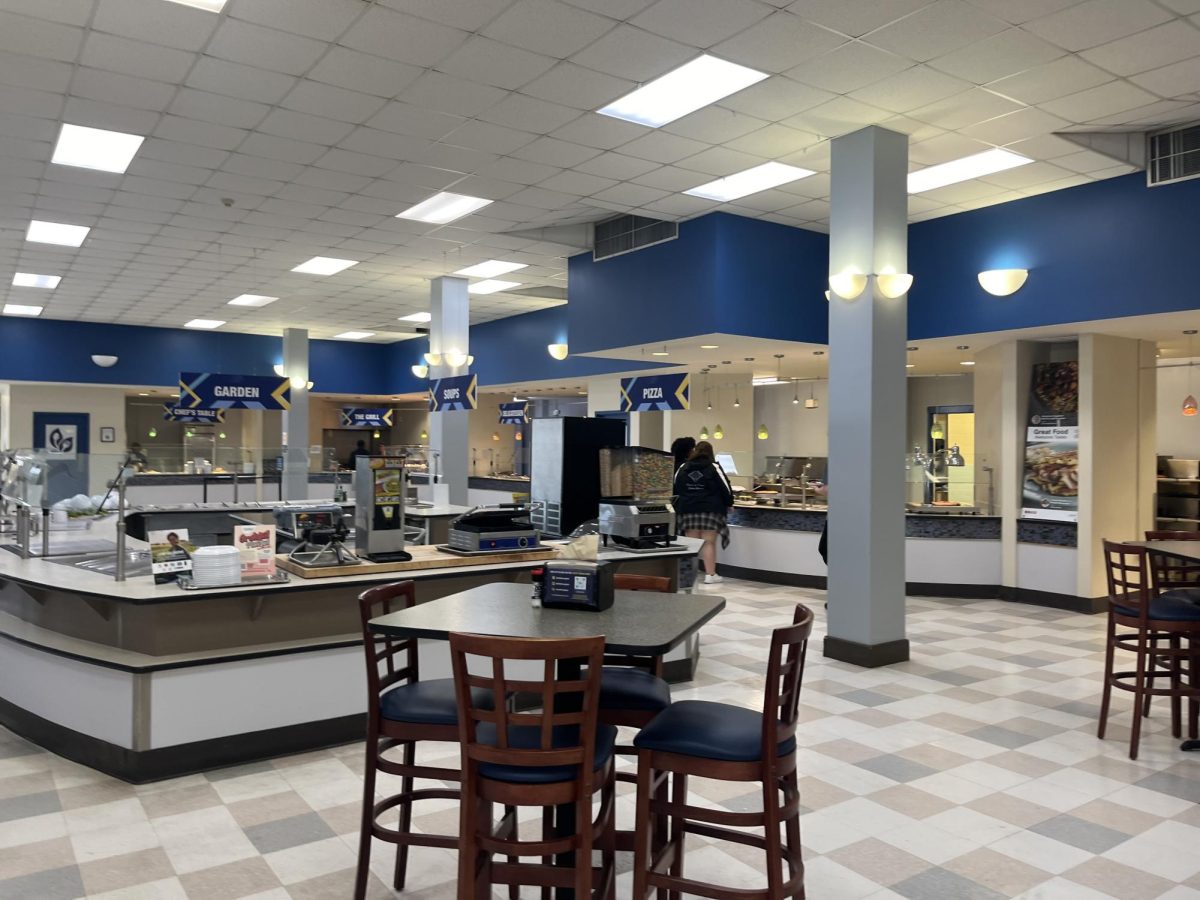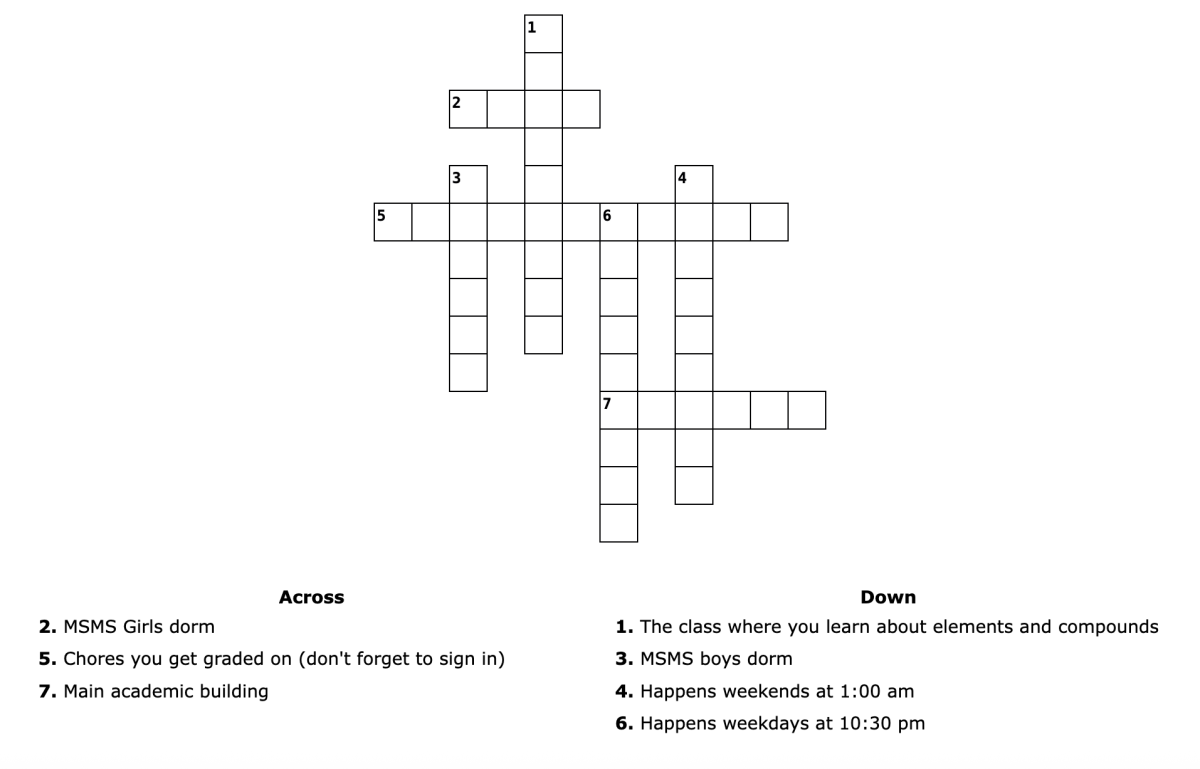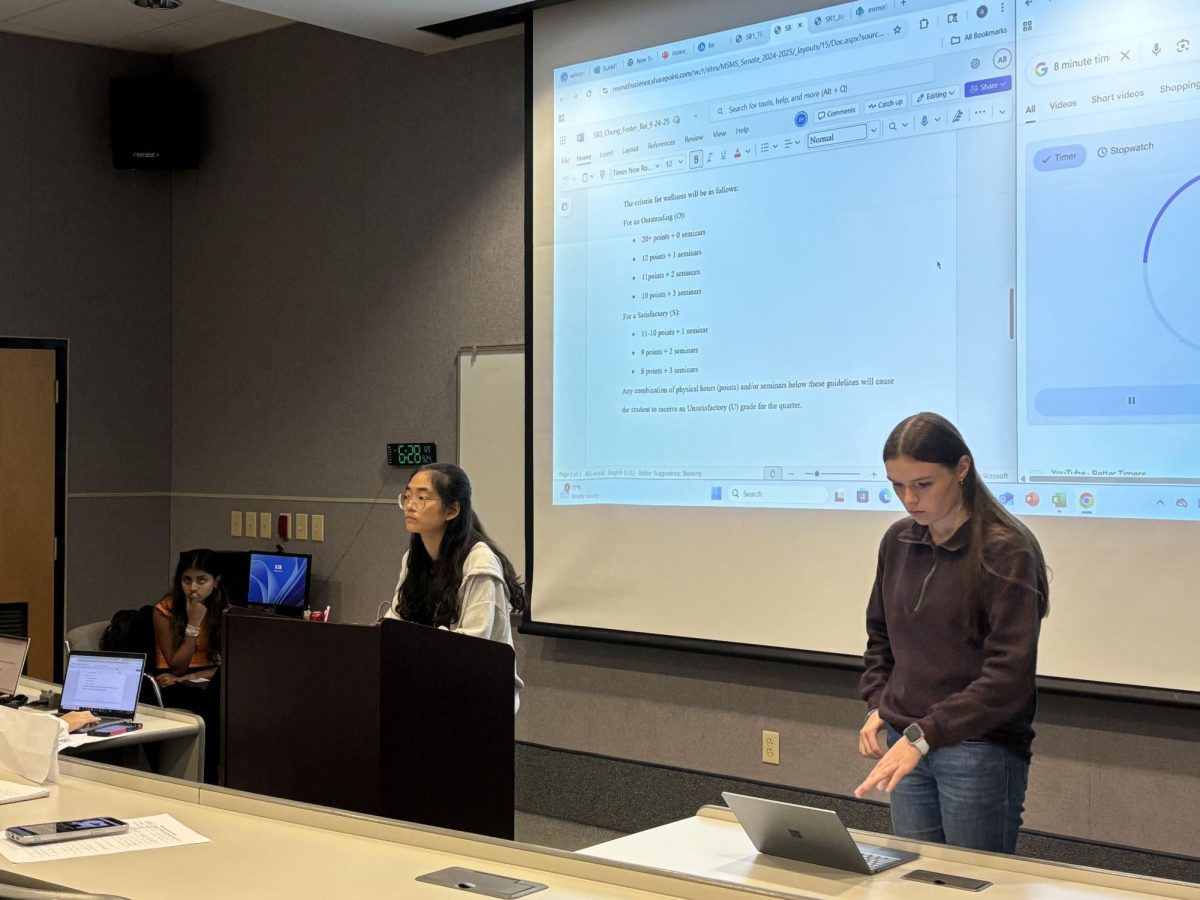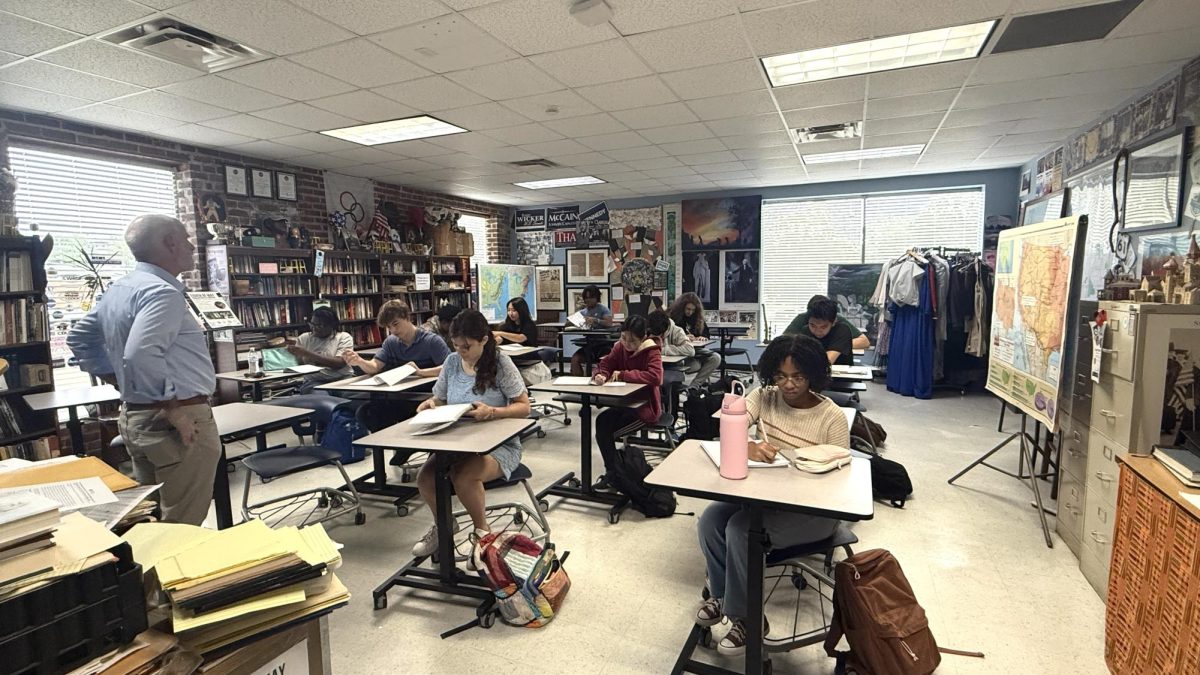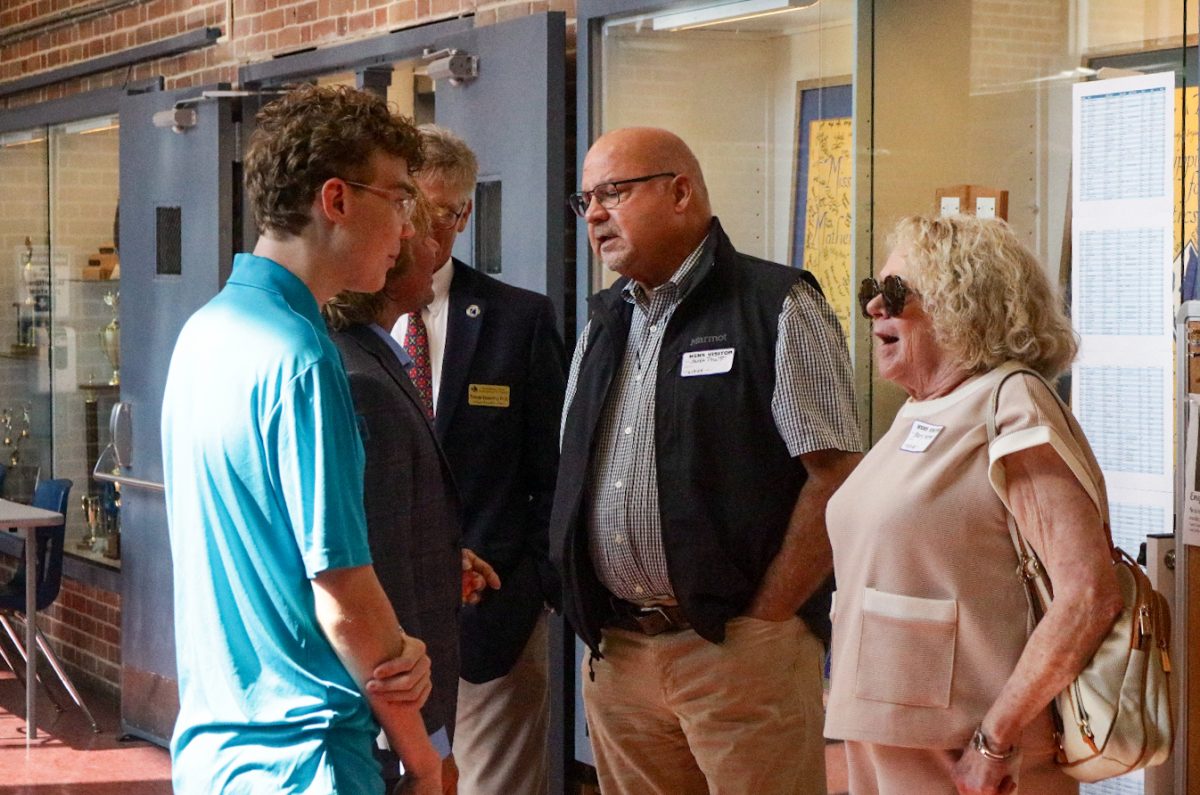Food waste is a major issue across the U.S., and MSMS is no exception.
Easy access to food is crucial for the student body. Hogarth Dining Hall allows students to socialize with peers and, more importantly, nourish themselves with a hearty meal. However, food waste remains a blatant problem caused by students’ overindulgent appetites and lack of care when it comes to dining habits.
Despite nearly 10% of the world’s population living in food scarcity, significant amounts of food waste continue to be produced. The U.S. ranks third in the world and discards almost 60 million tons of food annually — about 30% of its total food production. Schools are a large contributor to food waste; about 50% of school meals are wasted yearly. Holding students accountable for food waste while educating them about food scarcity would not only give them an invaluable life lesson but also reduce waste in the long run.
Junior Sasha Harvey said the amount of food waste she sees among MSMS students is glaring.
“I mean, it’s huge,” Harvey said. “I would say the majority of kids have at least one piece of food wasted, but I sometimes see whole plates of food barely even touched.”
Despite his efforts, senior Logan Wood admits he sometimes contributes to the problem.
“Usually at my house, I don’t waste a lot of food, but [in the] cafeteria, I fall victim to food waste,” Wood said. “I try to eat [all] the food, but sometimes I lose my appetite.”
One reason for the excessive amount of food waste stems from the lack of accountability students feel for the food they take. After dishes are handed in to be cleaned, students no longer think about the uneaten food. This could explain why students waste less food at home, where they feel more responsible.
Junior Colin Chung said many of his peers are indifferent to food waste. He said he tries to practice good food habits, especially at home.
“It doesn’t seem to have any consequences to not pay too much attention to it,” Chung said. “My parents made me eat everything on the plate, so I did.”
Sodexo, a food service company feeding Blue Waves and other students across the country, has policies in place to reduce food waste.
Hogarth Dining Hall General Manager Kassadi Monica said the university utilizes Leanpath, a food waste management system, to devise how much food to make and track where most of the waste produced comes from.
Leanpath monitors food waste and communicates with site-level and regional directors to determine what portion sizes need to be. Despite having policies in place to reduce food waste, Sodexo is unable to control students who overestimate their appetites.
“[Leanpath] regulates how much we need to make per meal,” Monica said. “The waste that we’re releasing comes from students overfilling their plates or getting way more than they want or need.”
Communication is key in these circumstances to help people understand the impact they have on excessive food waste.
Studies show that up to 95% of teens use social media; therefore, by making posts spreading awareness about food waste, students can be more informed and mindful when picking up food. Additionally, by putting up signs around the cafeteria advising students to only pick up what they know they can finish, students can make decisions about food waste in real time.
By bringing awareness to food waste, Monica said students will hopefully open their eyes to the problems stemming from it and be more mindful when choosing food.
“I’m working with my marketing team to develop and push out communication on waste. Communication is key in letting the students be aware of what is wasted,” she said. “[Students should] be mindful that not everyone is granted two or three plates of food every day and to be grateful for the meals they are receiving.”


